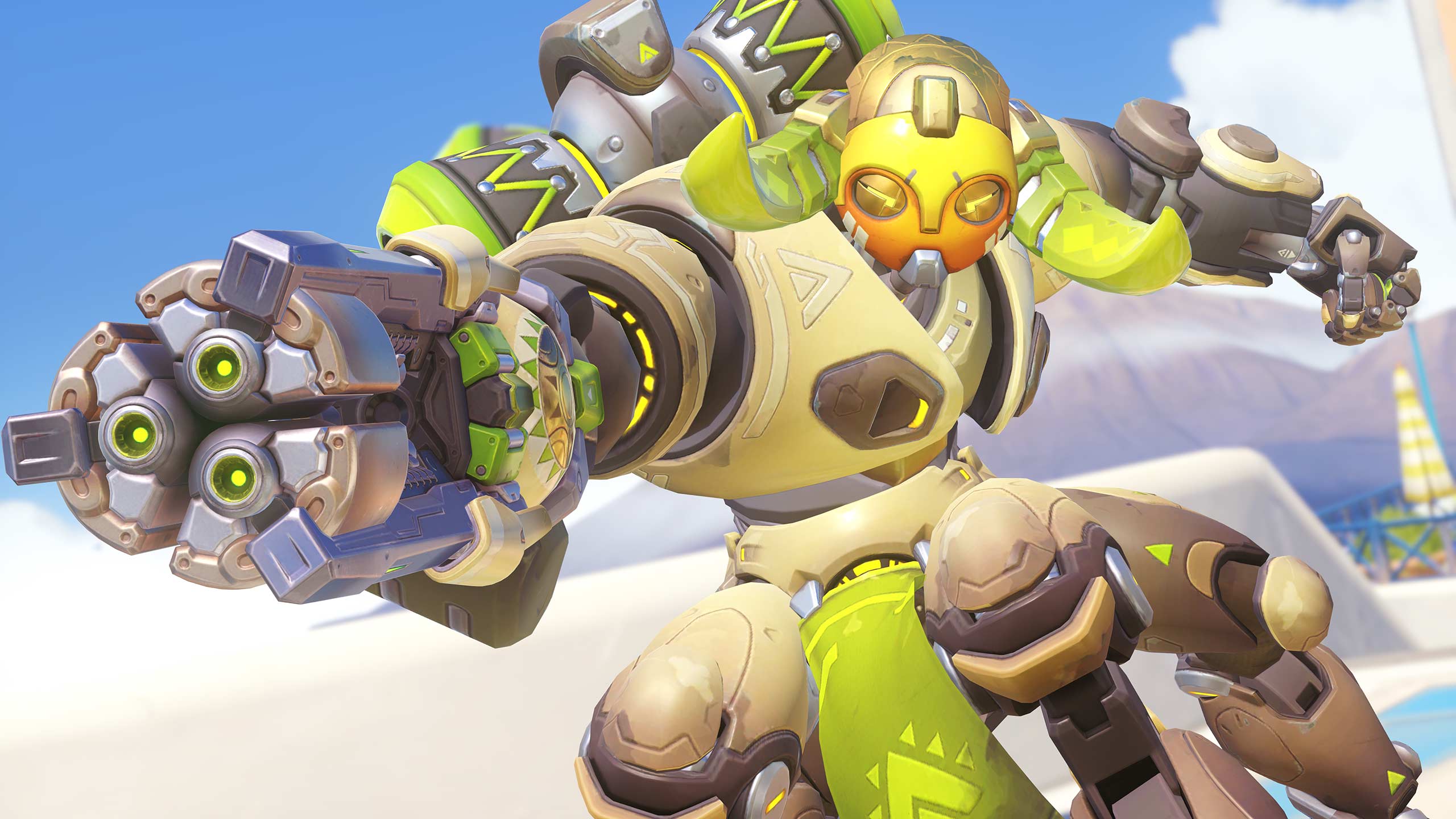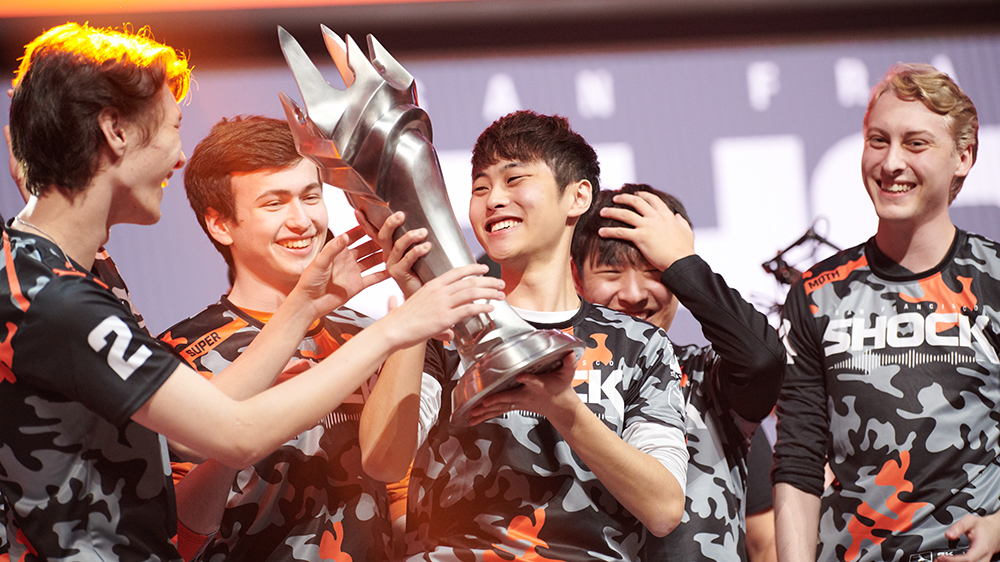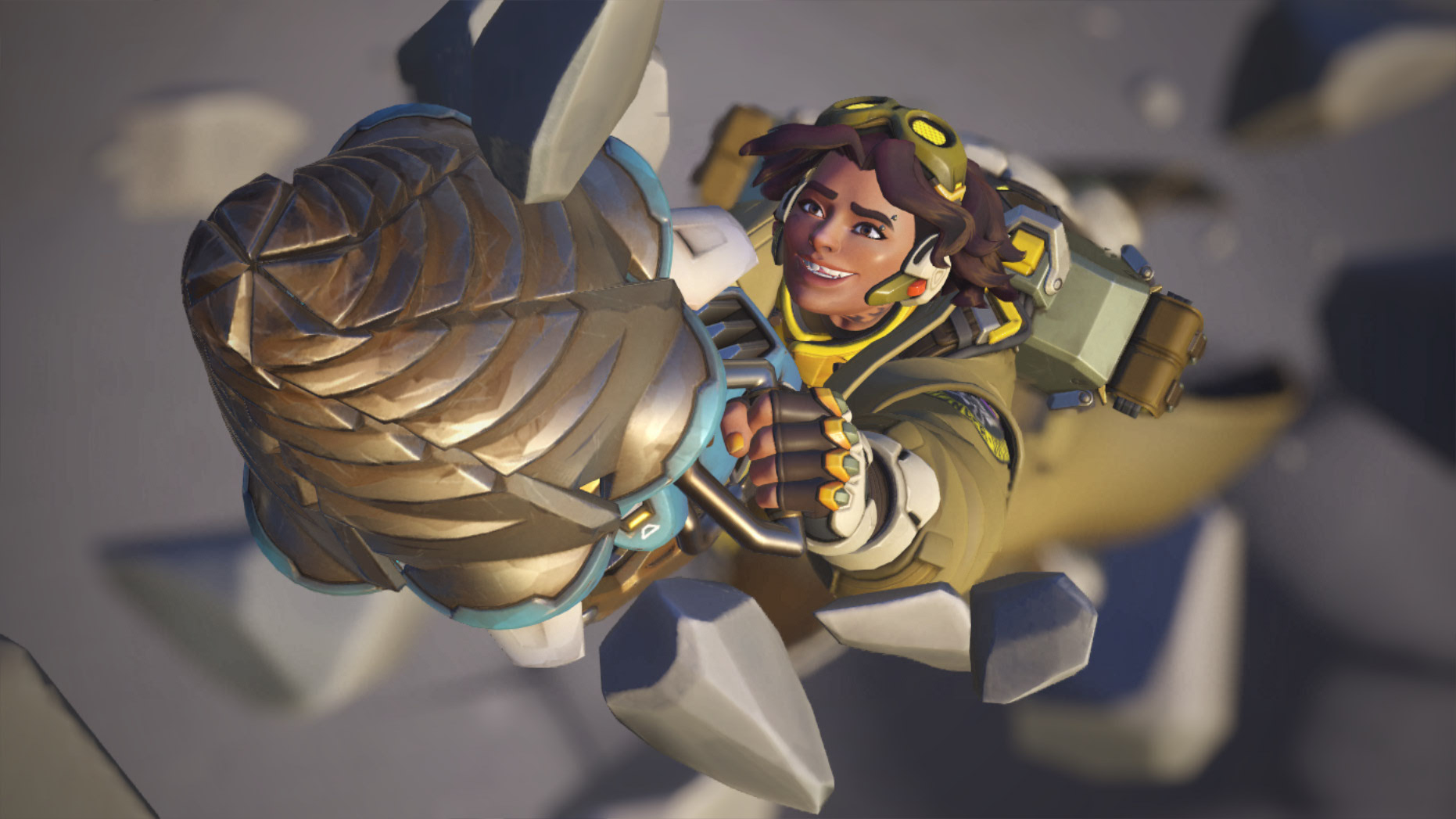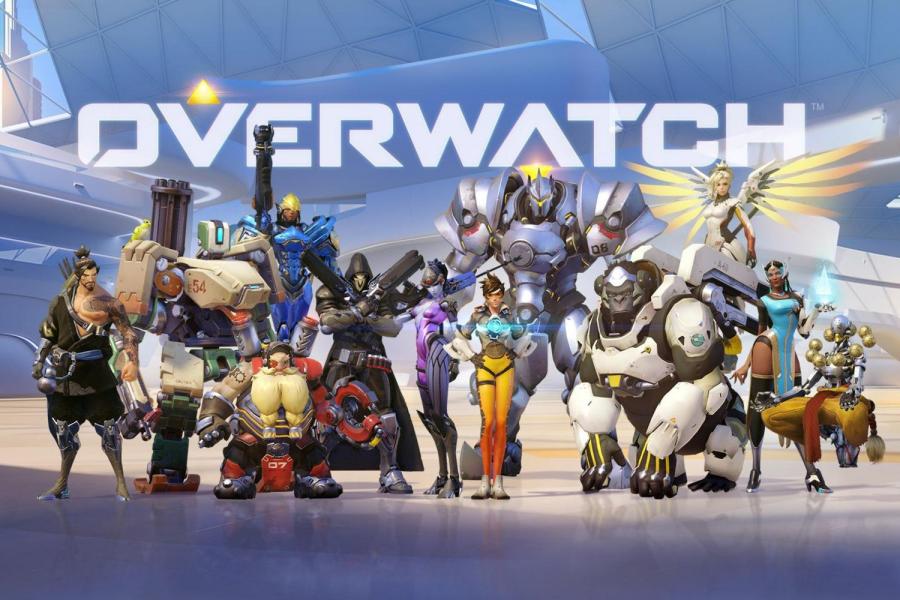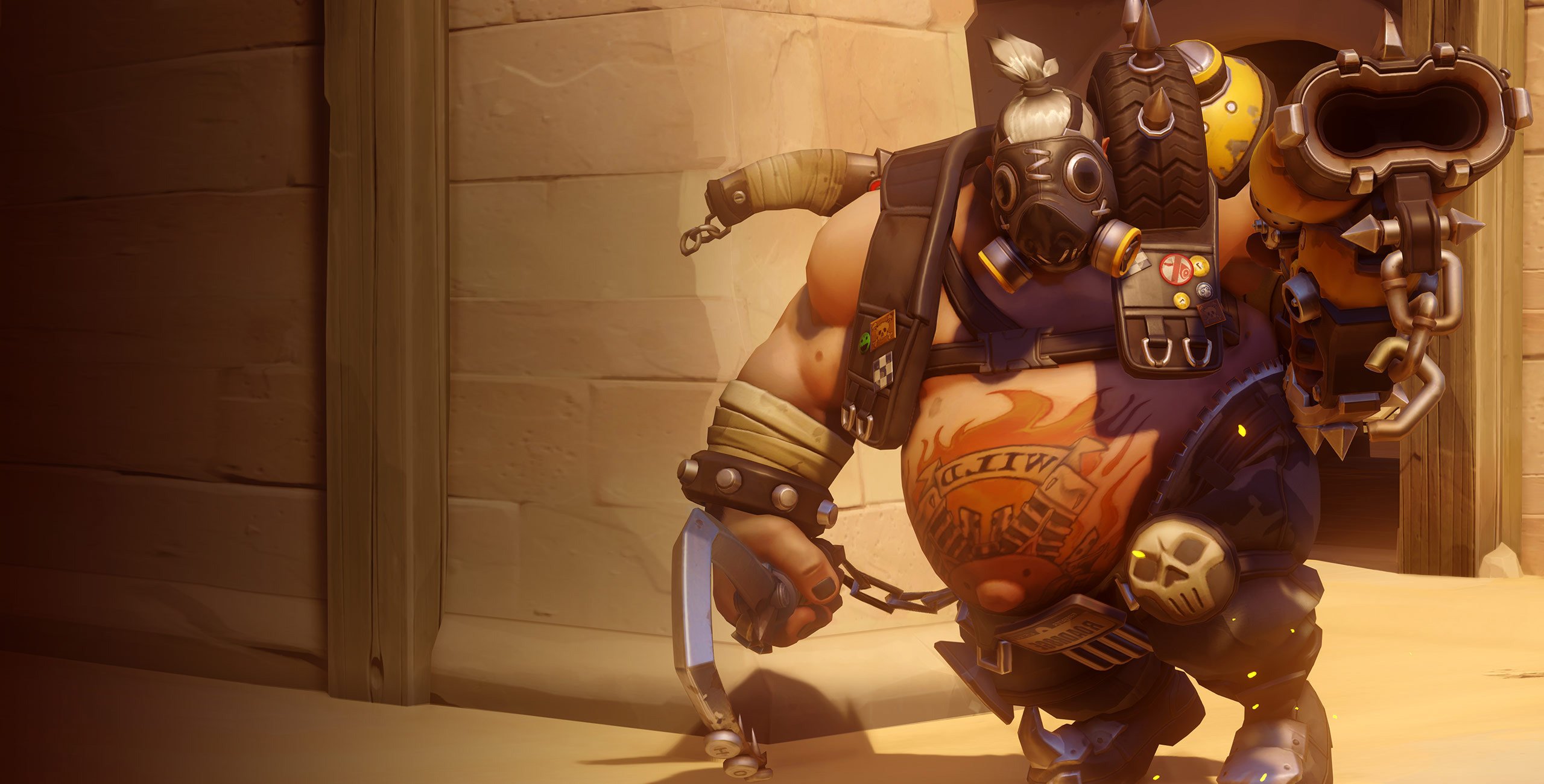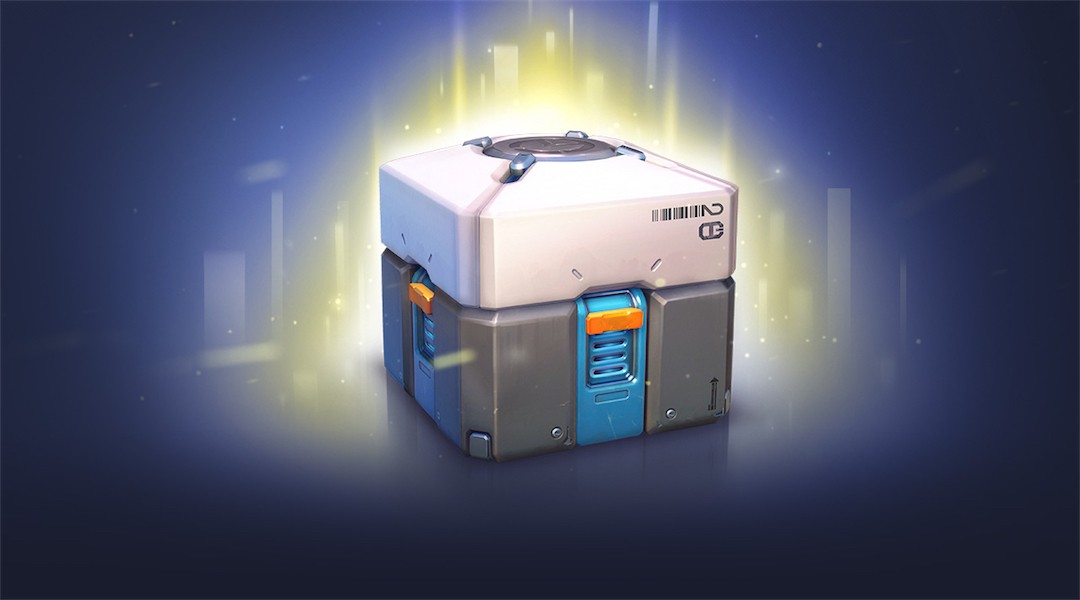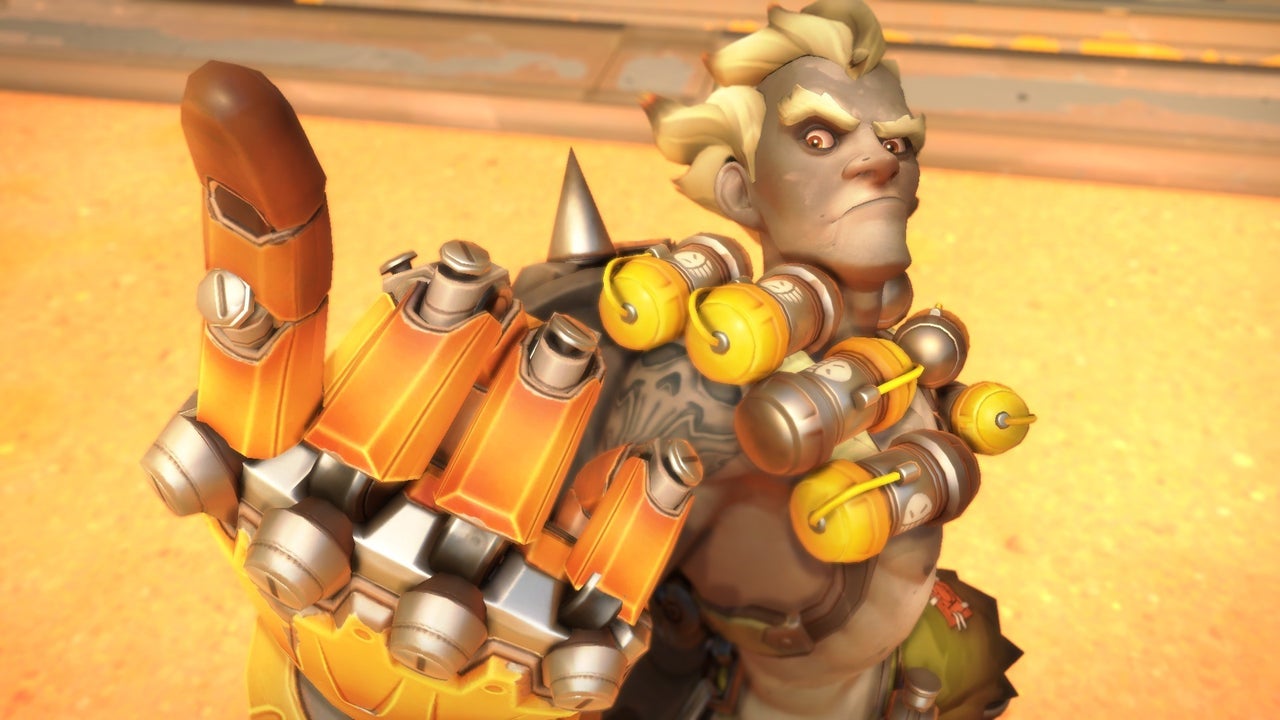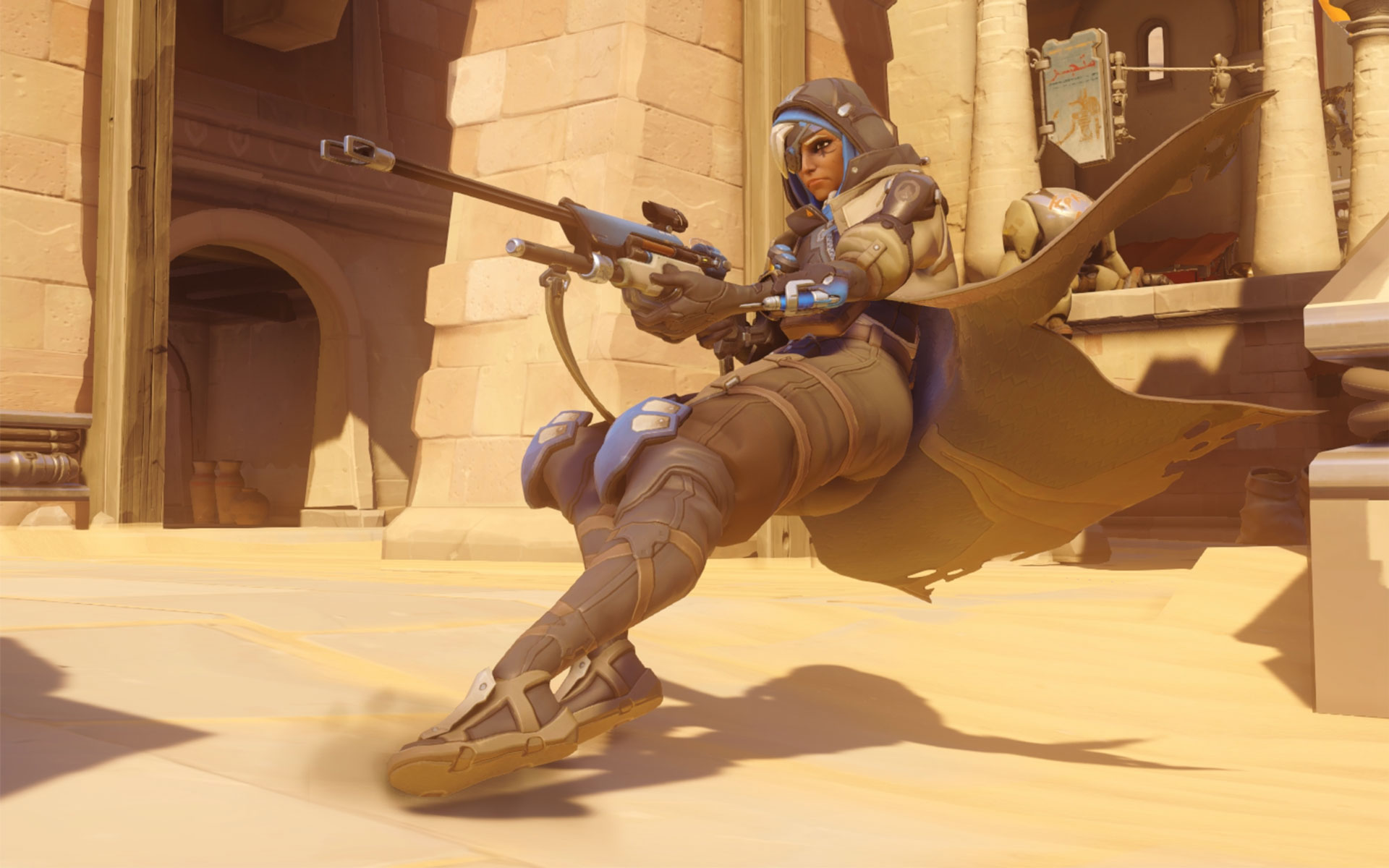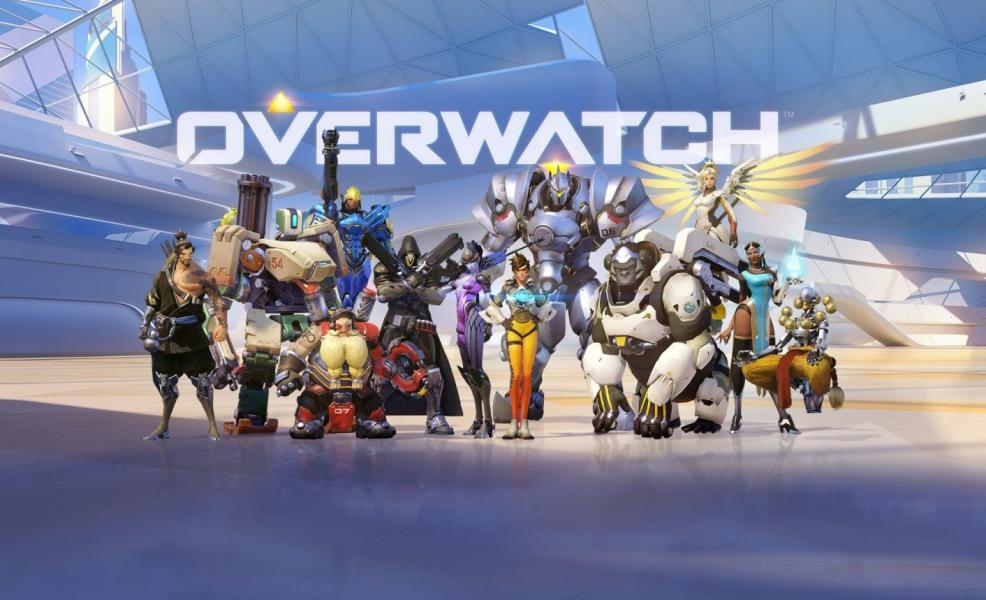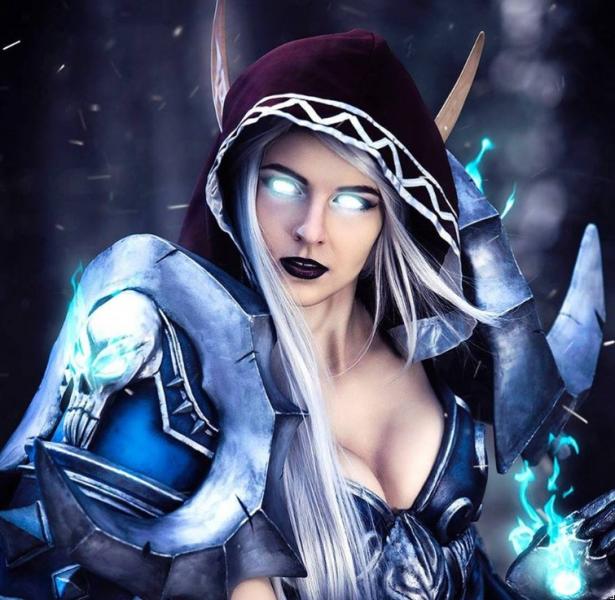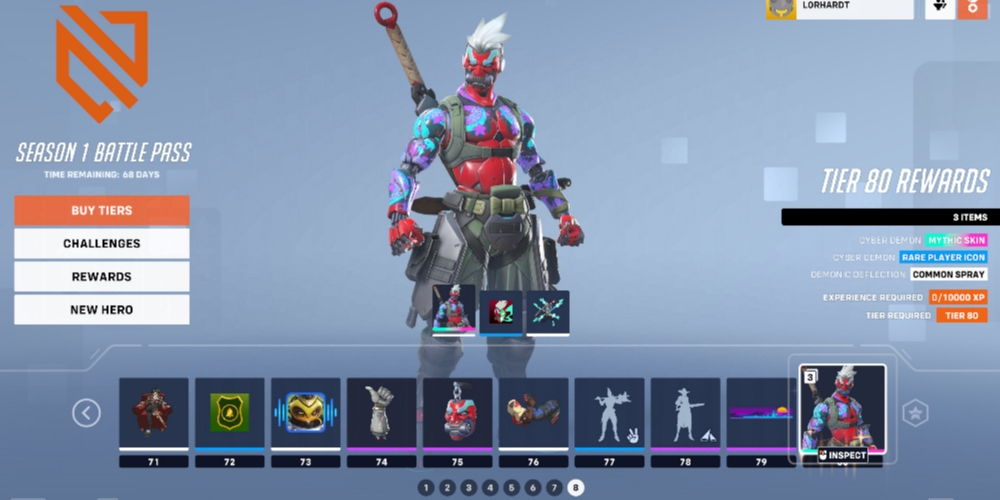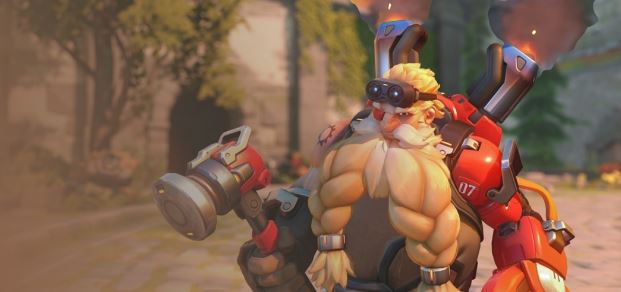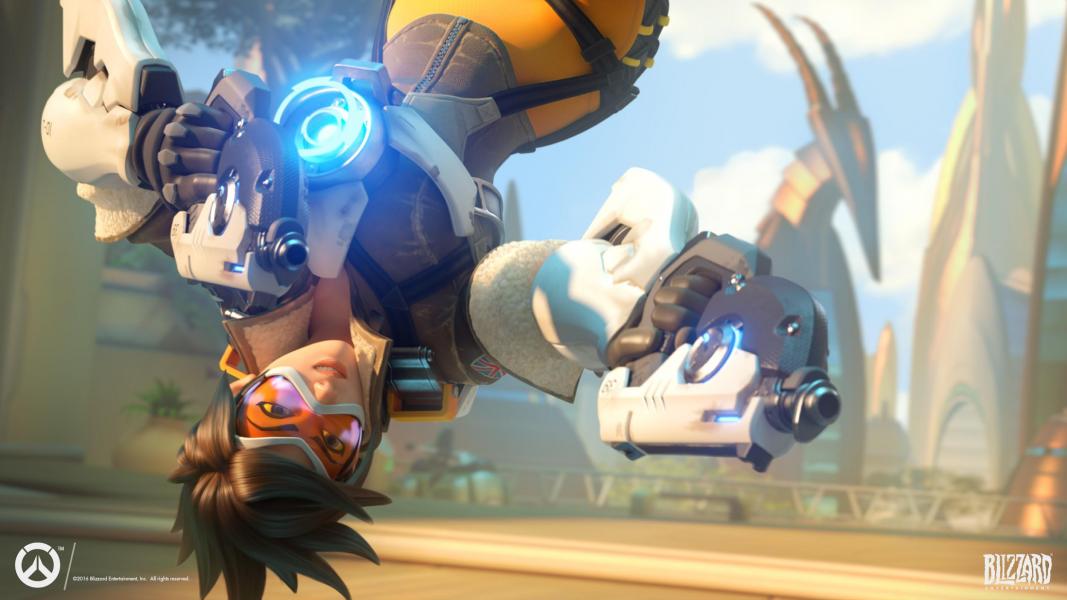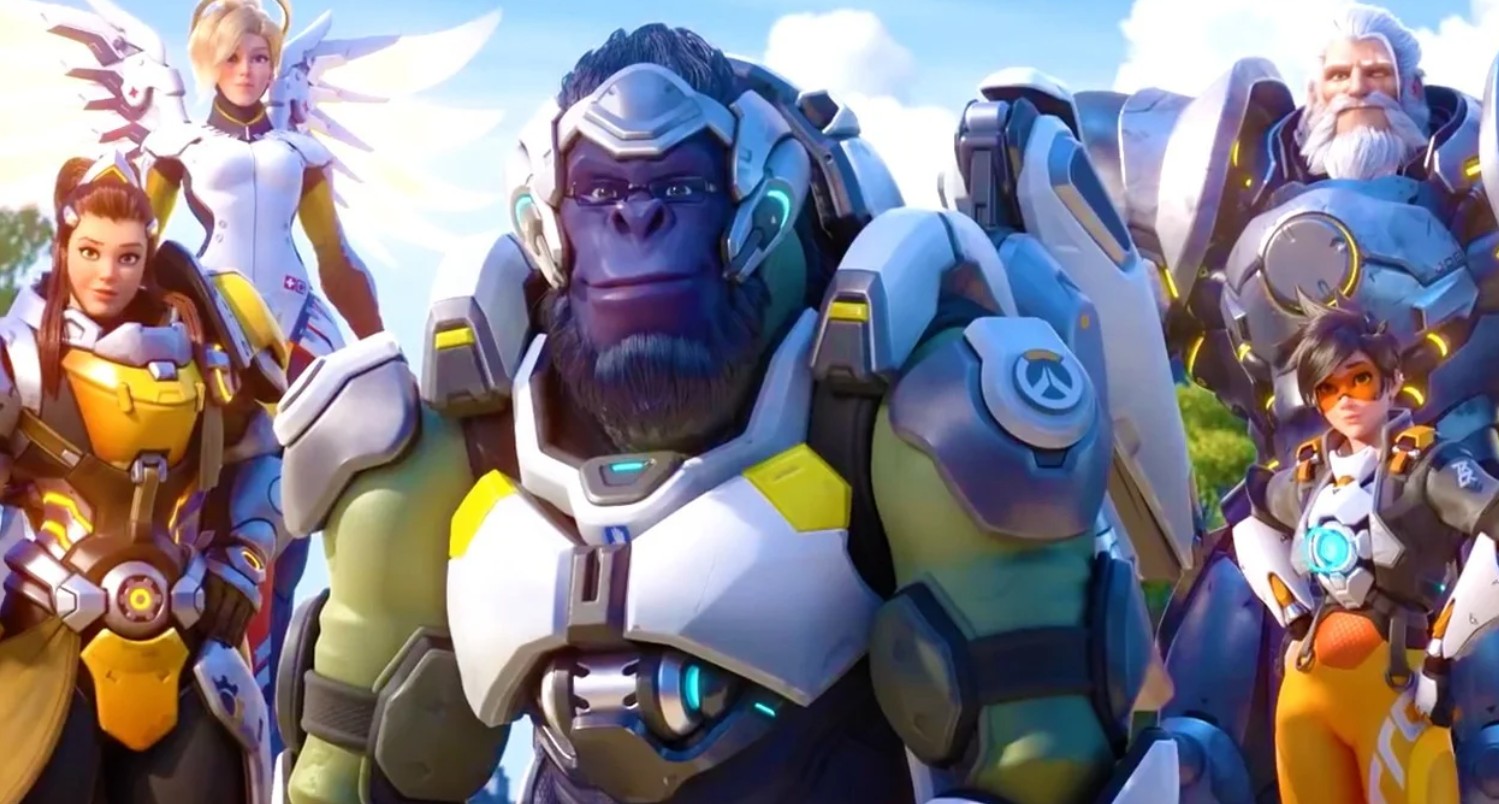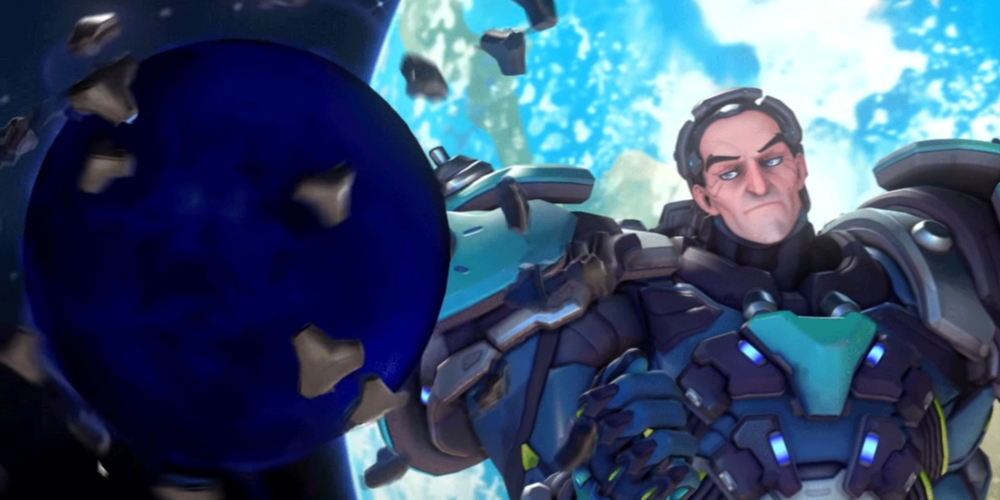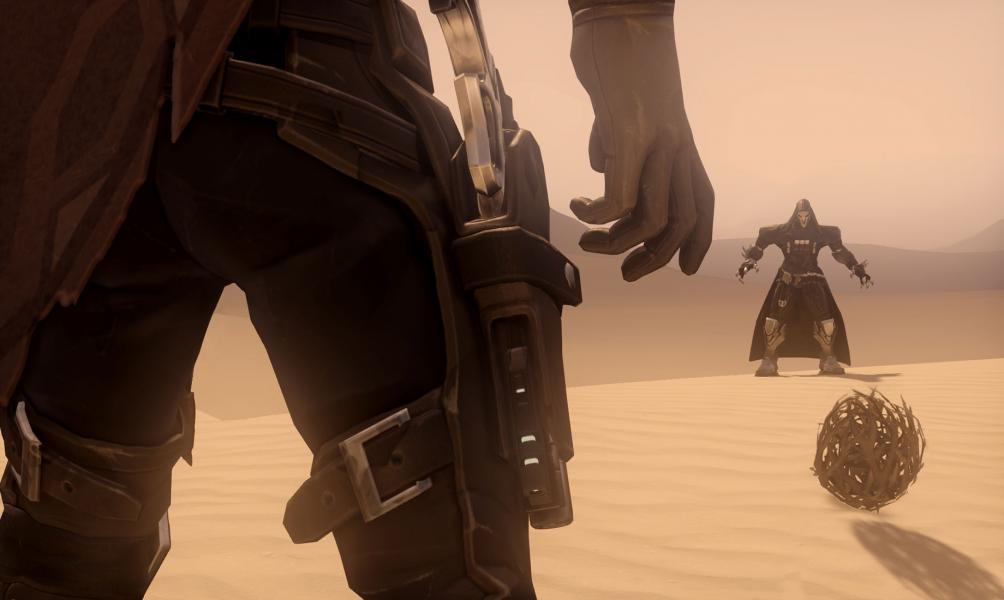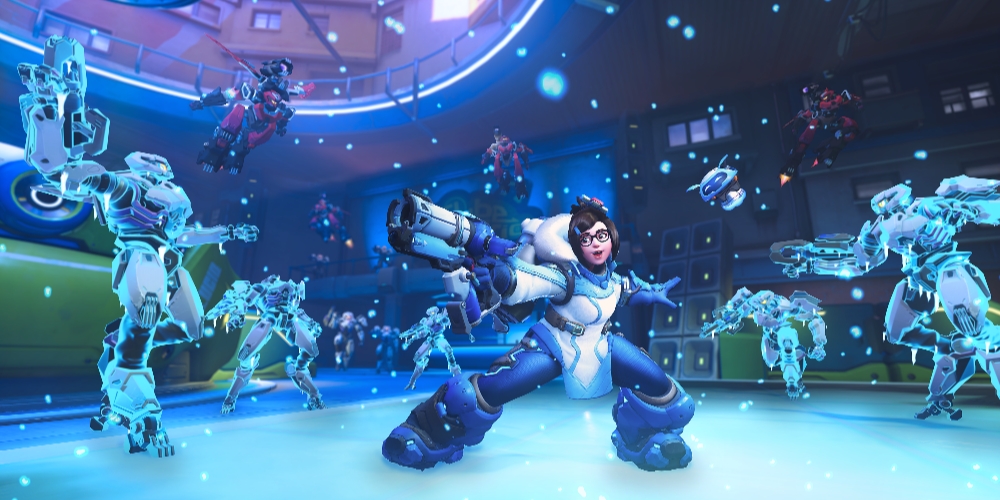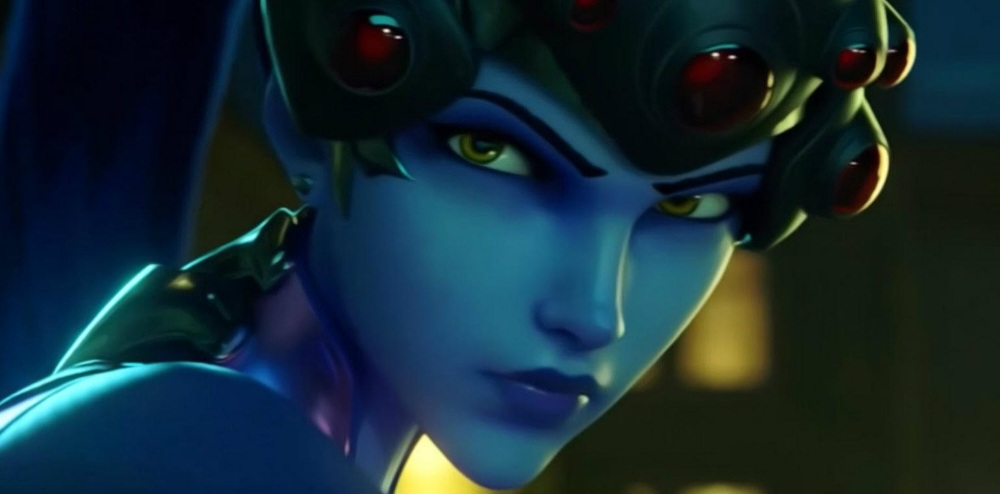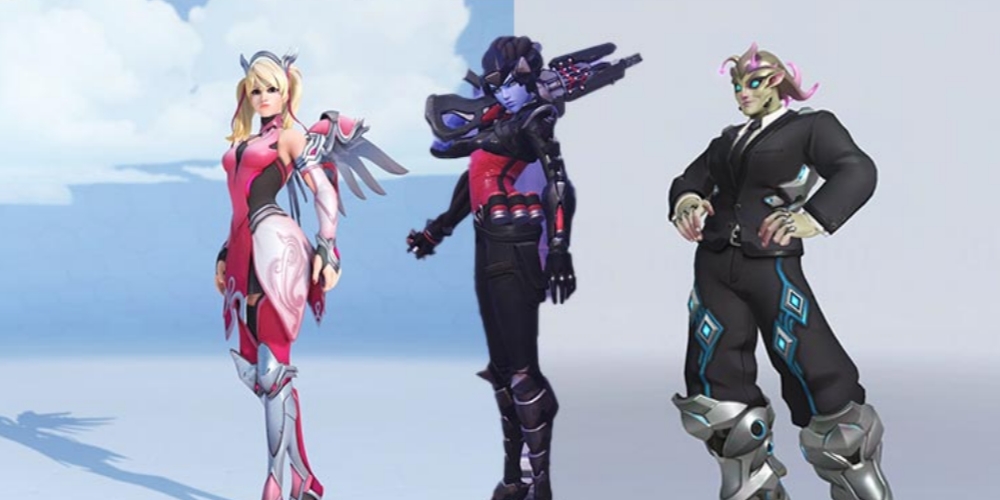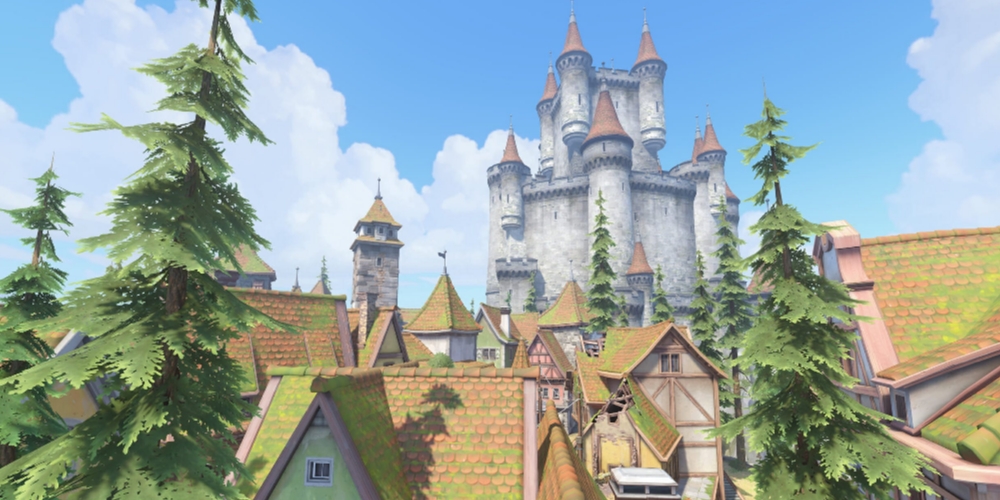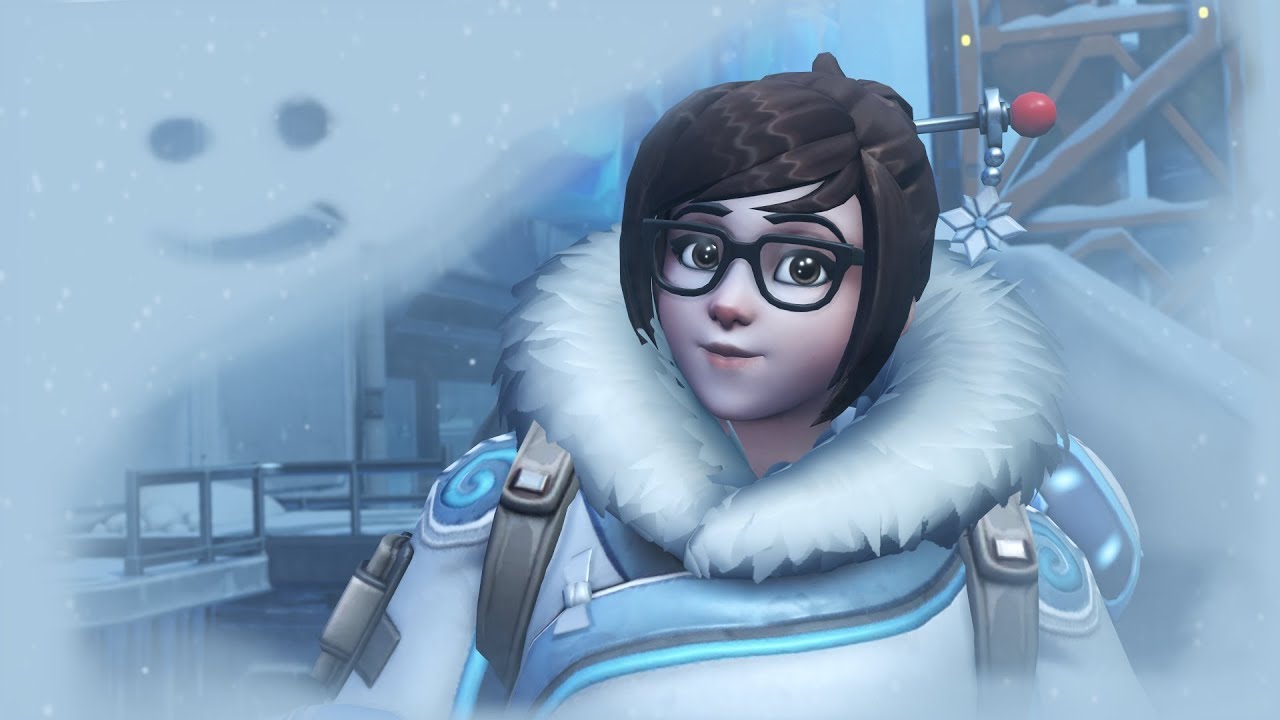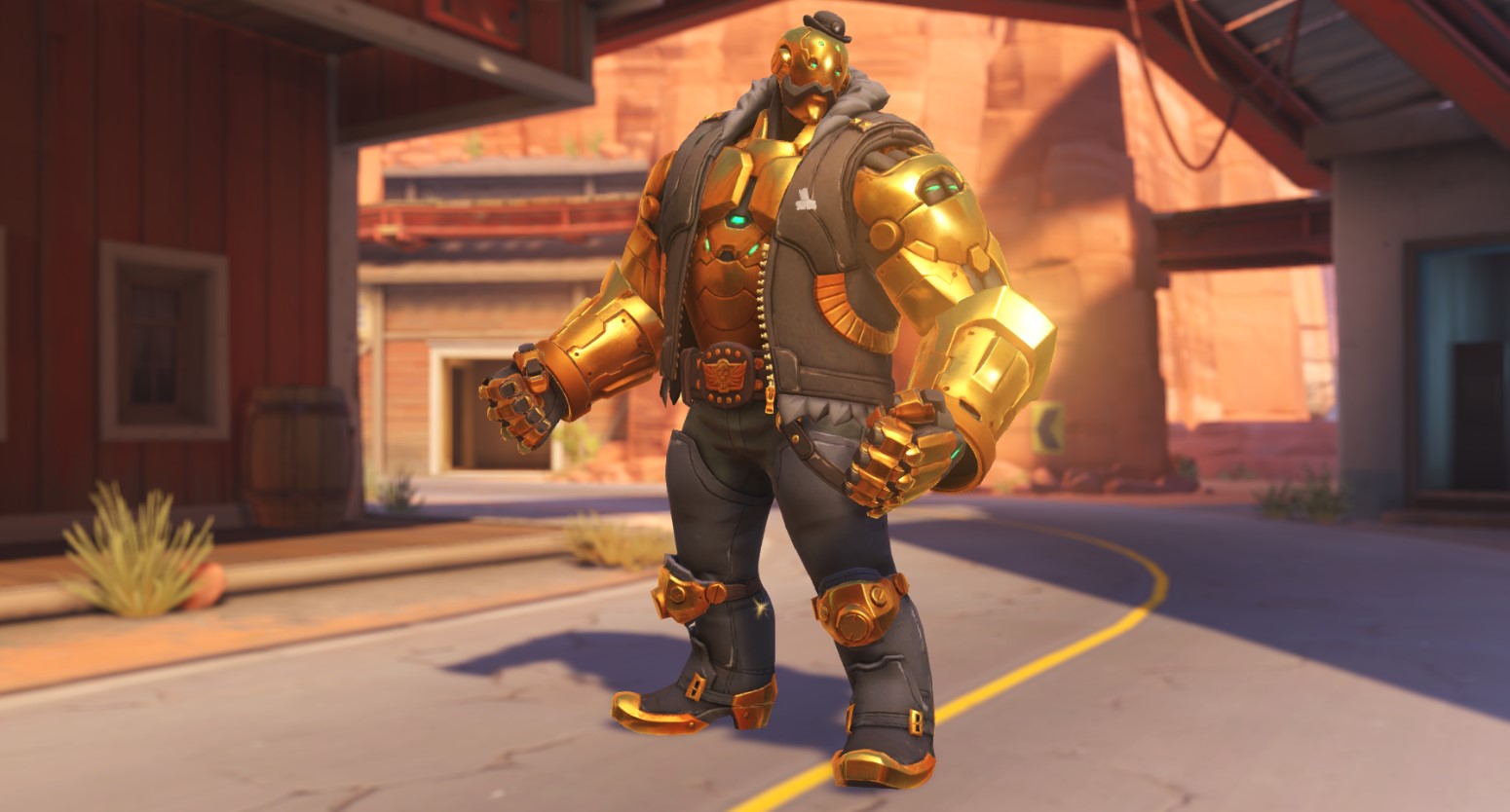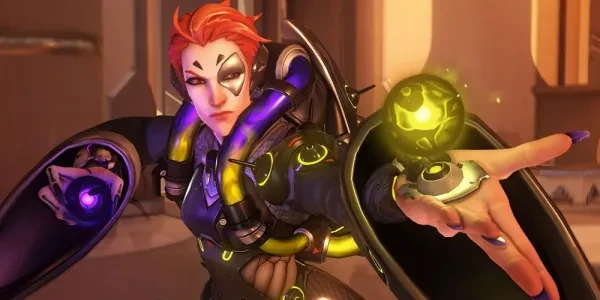
How To Play Support In Overwatch 2
Support players need to adapt to survive Overwatch 2. This new version of the game forces supports to take on a bigger role for their team. What was once healing and some utility is now utility-focused, with an emphasis on contributing to the team’s damage. If you aren’t contributing at all times, the odds are you aren’t doing enough to support the team. In this new era of Overwatch, how do you properly play the main supports?
15. Help Your Tank
As a main support, you have the most healing in the game. Whether you’re a single-target healer like Mercy or a multi-target healer like Moira, you have high healing that can make or break a team fight. Your tank is your frontline. Without your frontline, you die. Use your high healing to help your tank.
Don’t let your tank fight alone. Without a tank, the fight is lost before it can truly begin. Keep your tank up using whatever means necessary, even if one of your DPS players die because of it. That may sound harsh, but you are much more likely to win your fight with a tank and without a DPS than with a DPS and without a tank.
You don't have to be concerned about utility as much as you do about off-supports. Although you should still provide as much damage and utility as possible, don’t be scared to focus on healing your tank, especially in the middle of a team fight. Don’t feel bad about doing your job.
14. Damage Boosting
This advice is very specific to Mercy players, seeing as Mercy is like the poster girl for main supports. One mistake Mercy players make is never damage boosting, or damage boosting too much. You have to find the middle ground, but keep in mind each game will vary based on your team's comp.
If you have a very tanky team, you can use your damage boost more because your teammates have higher health and won’t need healing as often. If your team is light and squishy, then you’ll need to use healing more. No matter what, try not to do one more than the other by an obnoxious amount. You have a second support for a reason, and that’s to allow you to pull utility plays such as damage boosting.
Now that Overwatch has a counter for how often you’re using your healing and damage beams, keep track of how little or much you’re using them. Don’t be scared to stop healing to get a damage boost. Just because someone isn't at full health doesn’t mean you can’t damage boost them, especially if they’re using their ultimates. Don’t overuse or underuse your damage boost.
13. Positioning
Positioning is one of the most important parts of playing support. If you are out of position, you will die. Without the main support, the team fight becomes significantly harder because there is much less healing. Your tank will die faster, just like your second support and DPS players. You need to position yourself well to stay alive and benefit the team.
There are countless heroes in the game that punish bad positioning. Roadhog is one of the main examples of this, and seeing as he’s picked in almost every single game, you need to be aware of your surroundings so you don’t get punished. Stay with your team or stay on high ground. If the enemy notices you and tries to dive at you, move your position as fast as possible.
The best way to practice positioning is to learn the maps. Positioning is hard to learn, but if you learn the maps, watch the pros, and play often, your positioning will improve, and you’ll become a much better overall player.
12. Cover
Finding cover is similar to positioning. Positioning is how you position yourself, and cover is a place for you to hide if you’re ever positioned near something you can use. Covers come in all different shapes and sizes. It can be a giant rock on Route 66 or a car on King’s Row. Either way, you should look for cover to increase your survivability.
The reason this applies to main supports in particular is because main supports are the main targets. The enemy team will be diving at you constantly. Coverage can mean the difference between life and death. Use it as much as you can. Even avoiding ten points of damage could make the difference between life and death.
Don’t underestimate the use of cover. You won’t always have your tank to body block for you, so you’ll need to keep yourself focused on self-sustainability. The more you can protect yourself, the better of a main support player you’ll become.
11. Use Your Tank
While on the topic of cover, your tank is walking cover. Your tank has a large body and a giant health bar. Use them. Don’t be scared to hop behind your D.Va while she’s taking damage. Don’t be scared to ask your Reinhardt to throw his shield up if you’re taking too much damage.
As mentioned previously, your tank won’t always be around. However, when they are, take advantage of their presence. Reinhardt, Roadhog, and D.Va are great examples of people to hide behind because they have some of the largest hitboxes in the game. They’ll soak up damage while you heal them, meaning you’re safe and gaining ultimate charge in the process.
If you need help, go to your tank and ask them for help. In Overwatch 2, it’s more common for DPS to peel back to help the main support. However, if you need a quick save, go for the tank because of their large hitbox and high health pool. It could mean the difference between life and death.
10. Use The Communication Wheel
The communication wheel is there for your benefit. Although it benefits every single role, support players benefit from it most. Since main supports are huge targets, the wheel can help you call out when you’re in danger. Make sure you set up your communication wheel to fit your playstyle.
The wheel is there for your convenience. Those who hate talking will love this option. It’s great for fast communication because you can ping, call out your ult charge, show your team your location, and much more. Pinging is easily the most useful communication form you have because it points out enemies and danger nearby.
As a main support, you’re constantly in danger. Ping an enemy whenever they are attacking you so your team knows you’re hurt. Granted, in modern Overwatch, most players have a thing for ignoring support players. However, it’s better than nothing, and it’s definitely useful in competitive game modes.
9. Practice Multi-Target Healing
To maximize the effectiveness of your high healing, practice healing multiple targets. Even Mercy can do this if you play her well enough. For example, as Moira, practice throwing your healing orb at your flanking Genji while healing your tank with your primary fire. Every main support can heal multiple targets if they’re played well enough.
Mercy is the biggest obstacle since her beam strictly locks on one target. However, you can avoid this by practicing what’s called "beam juggling". "Beam juggling" is a common phrase associated with Mercy players. Instead of healing one target to full health, you jump your beam between the lowest-health or priority targets to keep them alive.
Multi-target healing is essential because to be the main support, you need to be pouring out the most healing. If an off-support is beating you by a lot, you’re doing something wrong. You need to practice multi-target healing to keep your team alive longer and get better stats.
8. Learn The Maps
If you've ever seen a top-500 support player, you've probably seen them backpedal to health packs without even looking at them. The best players know the maps well. As a main support, you’re a huge target. You’re a walking red flag. Thanks to that, you should know at least where the health packs are on the maps, so you have an advantage.
One health pack can mean the difference between life and death. Try going into a private aim training custom game. While training your aim, look for the health packs on the map. This way, you’re training both your aim and your game sense at the same time.
If you know nothing about the maps, how would you expect to win a fight against someone who does? They have a natural advantage because they recognize the environment and can use it to their benefit. Health packs are just one example, but there’s also cover, secret pathways, and escape routes that you don’t know if you don’t study the maps.
7. Know How To Play Off-Support
The opposite of main support is off-support. This subdivision of the support class specializes in utility at the cost of lower healing. Main supporters have less utility but more healing. The best supports, like Ana and Kiriko, have a combination of both and therefore can fall under either category. For sake of convenience, I will classify Kiriko and Ana as main supports due to their high healing and ability to handle a whole team on their own.
Overwatch 2 is a game where you can suck at aiming and still be a top 500 player. There are so many different heroes in the game, each with unique kits and playstyles. What you should do is learn how to play off-support heroes. Take the time to learn about their kits and see how they fit with your favorite main support.
For example, if you like playing Mercy, you would fit well with a Baptiste because he has a super jump that can help you fly. The immortality field and regeneration burst are two amazing abilities that enhance your survivability. You wouldn't know this unless you'd worked with Baptiste and the other off-supports.
6. Take Care Of Yourself
As a main support, the enemy will underestimate you. Enemies tend to see main supports as defenseless, which is why many Genji players feel confident diving in on you. Prove them wrong. Prepare yourself to fight and use all the tips previously given to save yourself. Whether you use your kit to defend yourself or call for help, fight back against your opponent.
To increase your odds of survival, call out for help while fighting back. Sometimes it’s difficult to multi-task in a tense moment, but try your best to remember to ask for help. Your teammates can’t help you if they don’t know you’re being attacked. Remember to let them know where you are.
The reason why taking care of yourself is so important is because, as a main support, you’re imperative to your team’s survival. That’s why Genji loves to come after you. Along with that, practicing independence as a main support makes you a better Overwatch player overall.
5. Damage, Damage, Damage
Even Mercy can do damage. Since the team size in Overwatch 2 is smaller, every member of the team needs to do damage. At the very least, every member needs to contribute something, whether it be damage or utility. Healing isn’t enough anymore. Many people used to call supports "healers", but this is now an inaccurate phrase to describe how supports are in Overwatch 2.
Moira and Ana are the best picks to do consistent damage. Moira can throw a damage orb and automatically do lots of damage. Ana can fire her rifle and take out flying heroes like Pharah and Echo. Ana is one of the best supports in the game right now, and it’s because of her high damage and ability to counter so many heroes.
When playing main support, you shouldn’t "healbot", as Overwatch players call it. You shouldn’t just heal for the entire game. Make sure to take the time to properly balance out how you’re using your kit.
4. Handle Things Yourself
This may seem similar to tip number six, but it’s actually quite a bit different. While tip six told you to defend yourself, this tip encourages you to handle things yourself. Instead of sitting back and letting the DPS do all the work, don’t be scared to jump in with them and do damage. Don't be afraid to join the fight with more than just your healing abilities.
Sometimes, if you want something done right, you have to do it yourself. Although many would choose off-support to do this, main supports do damage as well. Especially heroes like Ana and Moira. These heroes can be unstoppable if positioned correctly. As Ana, try getting the high ground and sniping your enemies from far away.
This tip relates a lot to the previous one. Don’t be scared to do damage or even ignore your team for a moment to finish off a fleeing enemy. One pick can help your team win. As Moira, you have a fade to fade away. If you want to charge in, do some damage, then fade out, go right ahead. Don’t be scared to take things into your own hands.
3. Prioritize
Prioritizing is an extremely difficult thing to learn. In the heat of a fight, it’s hard to know what to prioritize. Should you use your kit to add utility, or should you heal your tank? It’s a difficult decision because you can’t predict the future. One choice may not go well, and you’ll regret it afterwards. That’s why it’s so important to practice learning to prioritize.
Practicing prioritizing is difficult because most of it is instinctive. It’s hard to think about what target to heal in only a handful of seconds. To practice, you really just need experience. Keep playing the game and getting used to different kits, heroes, and playstyles. For example, if you have a teammate with high deaths and low kills, don’t prioritize them over the teammate with a good KD.
If your teammates are performing about the same, try to prioritize based on two things: how important are they, and what are the odds you can save them? If your tank is deep in the team fight with low health, the odds of you saving them are slim to none. If your DPS has the same health as your tank but is in a better position, then you should prioritize the DPS even though technically the tank is more important. Prioritizing is difficult, but with some practice, you can get it right.
2. Observe
Observing can be taken two ways. One, you can watch professionals and the top 500 players play support. Two, you can observe your surroundings while playing Overwatch; that way, you can call out where enemies are and what their cooldowns are. Either way, observing will make you a better main support player.
The first option is observing top 500 or pro players. By watching professionals play, you can learn the little things they do to become better. Outside of aim, pros are pros because of their game sense and creativity. Observe how they play and pick up on their habits if you want to improve.
The second option is to observe your surroundings in-game. As a main support, especially Ana and Mercy, you have a bird's-eye view of the map. Call out where the enemies are and watch for cooldowns. If your team is having trouble spotting enemies, consider playing Mercy or Ana. With Mercy, you can fly up, and with Ana, you can get on high ground and use your scope.
1. Communicate
This list has been leading up to this moment. The communication wheel is only scratching the surface when it comes to communication in Overwatch 2. There are several different ways to communicate with your team, no matter what game mode you’re playing. In competitive, you should take communication more seriously, but it never hurts to practice in quick play.
You can practice your communication by utilizing the different options available to you. The wheel is the best for fast communication like pinging, but voice and text chat are the better options for planning attacks. Text chat is good for people who don’t like talking but still want to communicate with their team. Type out your plan and thought process when respawning to help communicate with your team.
Voice chat is better for those who don’t want to take the time to type. Like the communication wheel, it’s good for fast communication because all you have to do is use your voice. Make sure your mic is unmuted and talk to your team in the team voice chat. If you’re on console, you can also invite people to parties and talk to them that way, but it’s better to use the chats Overwatch 2 provides (it’s safer, too).
You May Also Be Interested In:
[Top 10] Best Overwatch DPS For Beginners
[Top 10] Best Overwatch Heroes For Competitive Play
Overwatch DPS Tier List [Overwatch Best And Worst DPS Revealed]
[Top 5] Overwatch Best Heroes For Solo Carry
[Top 10] Best Overwatch Heroes For Beginners That Are Powerful

